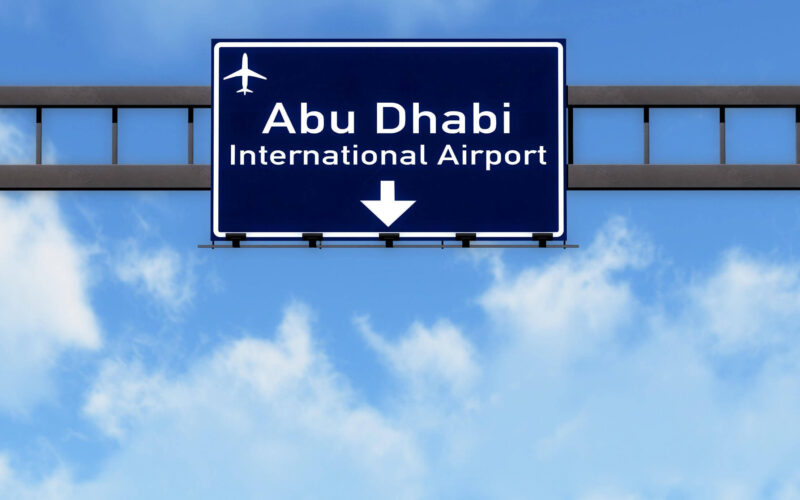UAE’s Etihad and Air Arabia are launching Abu Dhabi’s first low-cost airline, the company announced on October 16, 2019.
The new airline will be called “Air Arabia Abu Dhabi” and have a hub in Abu Dhabi International Airport (AUH). The company is going to be formed as an independent joint venture by the Abu Dhabi-based Etihad and Sharjah-based Air Arabia.
The new LCC “supports” Etihad’s transformation program, according to Tony Douglas, Etihad CEO. “This exciting partnership supports our transformation programme and will offer our guests a new option for low-cost travel to and from Abu Dhabi, supplementing our own services. We look forward to the launch of the new airline in due course,” Douglas is quoted in a statement as saying.
The Middle East region had one of the lowest low-cost carrier penetration rates globally, according to IATA’s study from 2017. The study found that LCC penetration in the Middle East region was the second lowest in the world, surpassing only Africa. With no country in the region having LCCs share larger than 30%, the region was dominated by the Gulf Three airlines (Emirates, Qatar and no other than Etihad).
While LCCs accounted for 17% seat capacity in 2018, “the Middle East market enjoys the third highest gains in intra-regional low-cost carrier penetration rate”, according to Air Arabia, the first low-cost airline in the MENA region (the Middle East and North Africa). The airline has already set up similar joint ventures, including subsidiaries Air Arabia Maroc, Air Arabia Jordan and Air Arabia Egypt.
However, the newcomer Air Arabia Abu Dhabi will likely face a fierce competition. Abu Dhabi already competes with another major global hub in the UAE ‒ Dubai. And the latter hub is already occupied by another strong airline duo that are increasingly stepping up their strategic partnership. The partnership between Emirates and officially a budget carrier Flydubai (although it can also be fairly called a hybrid operator) was formed in October 2017 and is constantly expanding via increasing number of shared destinations.
Etihad is still dealing with problems from its previous failed investments, including Alitalia and Air Berlin (AB1) (both of which filed for insolvency in 2017) and JetAirways, that collapsed earlier this year. The Abu Dhabi-based carrier has been posting billions in losses for the past three years, that accumulated to $4.67 billion as of April 2019.

